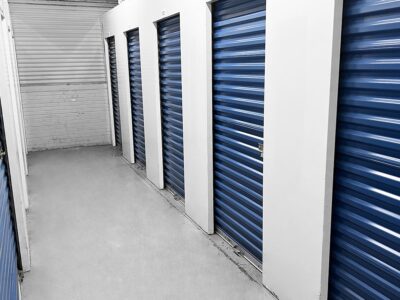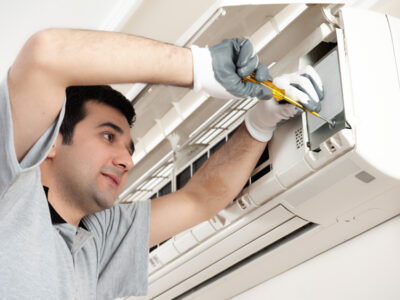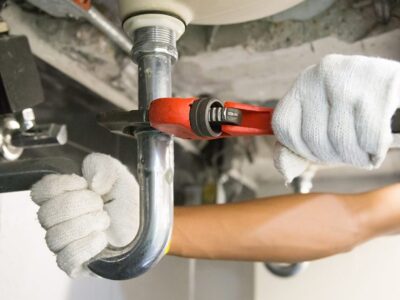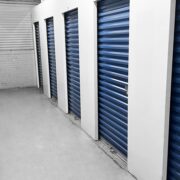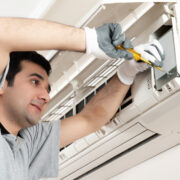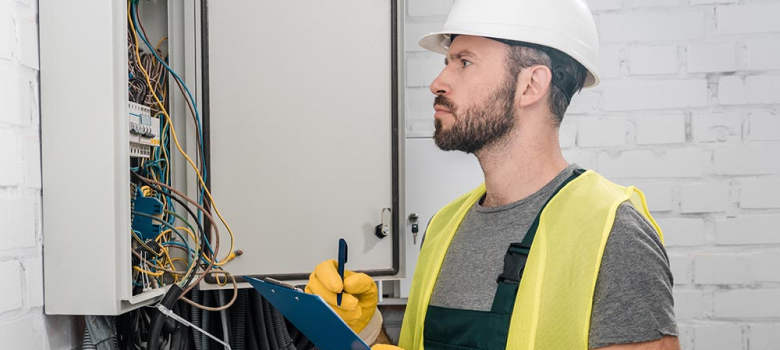
When it comes to keeping your home safe, checking your electrical systems is a big deal. This guide is here to help you understand why and how to get your home’s electrical systems checked.
What are Electrical Safety Inspections?
Think of electrical safety inspections like a health check for your home’s electrical system. They help find any issues that could be dangerous, like old wiring or faulty outlets, before they become bigger problems.
Why Should You Get Electrical Safety Inspections?
The importance of electrical safety inspections can’t be overstated. Electrical issues in your home are not just minor inconveniences; they can lead to serious risks, including the potential for fires. Here’s a deeper look into why these inspections are crucial:
Preventing Electrical Fires:One of the most severe risks associated with electrical problems is the possibility of fires. Faulty wiring, overloaded circuits, and old electrical panels can overheat and ignite. Regular inspections can identify these hazards before they escalate into dangerous situations.
Identifying Hidden Problems:Many electrical problems aren’t immediately obvious. You might not know there’s an issue until it’s too late. Professionals conducting these inspections have the expertise to spot hidden concerns like deteriorating insulation or improperly grounded wires.
Ensuring Safe Operation of Electrical Appliances:Your home’s electrical system powers everything from lights to appliances. An inspection ensures that these systems are functioning safely and efficiently. This is particularly important when adding new, large appliances which can strain your electrical system.
Compliance with Safety Standards: Electrical standards evolve over time. What was considered safe a decade ago might not be safe now. Inspections ensure your home’s electrical system complies with the latest safety standards, reducing the risk of hazards.
Peace of Mind: Knowing that a qualified electrician has inspected and approved your electrical system provides peace of mind. You can rest easier knowing that the risk of electrical accidents in your home is minimised.
Protecting Your Investment:Your home is likely one of your biggest investments. Protecting it from damage is crucial, and regular electrical inspections are a key part of this protection. They help prevent potential damage that could devalue your property or lead to costly repairs.
Early Detection and Cost Savings: Catching electrical issues early can save you money in the long run. Minor problems can quickly become major expenses if left unchecked. Regular inspections can identify issues before they become significant, saving you from more extensive and expensive repairs later on.
When to Have an Inspection?
Having an electrical inspection is advisable in several scenarios: when purchasing a new house, if your home is over 25 years old and hasn’t been inspected recently, when adding large appliances, or if you observe unusual signs such as lights flickering or frequent fuse blowouts.
What Happens During an Inspection?
A professional will conduct a thorough inspection of various electrical components in your home, including fuse boxes and circuit breakers, plugs and light switches, lights and fixtures, as well as the overall wiring system. They’re checking for anything worn out or not up to current safety standards.
Choosing the Right Inspector
Make sure you get a licensed professional, like an electrician, who knows about the latest safety rules.
How Much Does It Cost?
The cost can change depending on your home’s size and the electrical system’s complexity. Usually, you might pay between £150 to £300 for a detailed check.
Why It’s Worth It
By catching problems early, you can not only save money in the long run but also gain peace of mind about your home’s safety, while keeping your electrical system up-to-date.
Homeowners’ Checklist
- Plan for regular checks, especially in older homes.
- Pick a qualified person for the job. An EICR must be done by a qualified electrician registered with a recognised scheme provider, such as NICEIC.
- Act quickly on any advice or fixes they suggest.
- Keep a record of all checks and fixes.
In Short
Regular electrical checks are a smart part of taking care of your home. They keep you safe and can prevent bigger problems down the road. By staying on top of these checks, you’ll be making a smart move for your home and family.

